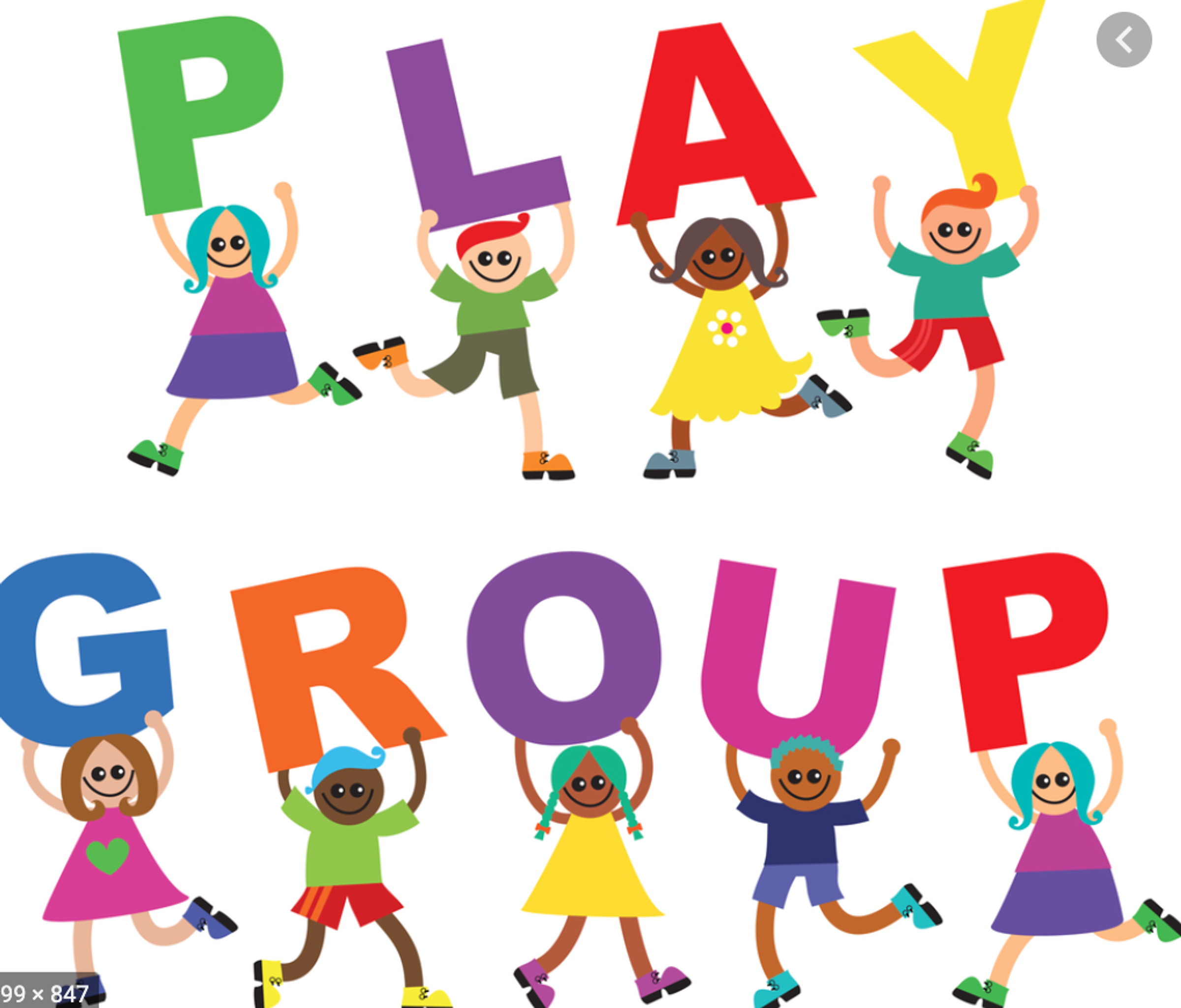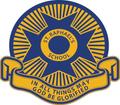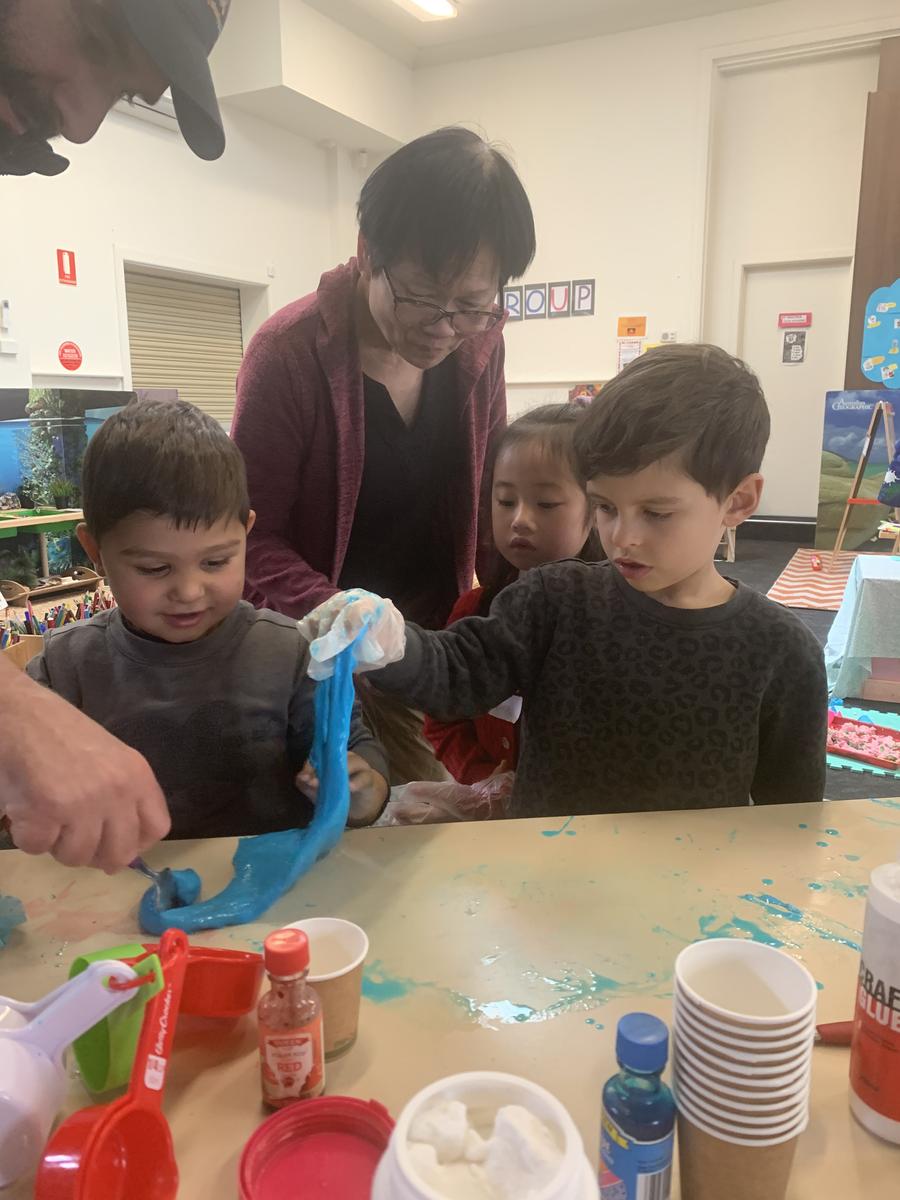SPICE-Supported Playgroup Igniting Children's Engagement

Can You Teach STEM to Little Kids?
Ohhhh yes you can! In early childhood education, this is what STEM looks like for preschool children:
Science
Science-related learning activities here include exploring water and sand, comparing and contrasting natural materials like rocks and soil, and rolling balls across the room. Or it can be as fun as looking through a magnifying glass to count how many legs are on the bug that was caught during outdoor play!
Technology
Technology-related learning activities include identifying simple machines like gears and wheels and pulleys. It may also include simple coding, where children learn how to programme little robots to do simple tasks. However, rest assured that your child will not be staring at screens the whole day!
Engineering
Engineering activities happen in the building blocks play area, where the children plan and design structures every day with little teacher direction. It also occurs in the outdoor sandpits, as they construct magnificent structures and buildings with sand and any other materials they can lay their hands on.
Math
Math-based learning activities include counting, matching shapes and making patterns. Measuring is easy too, especially with unit blocks where children discover that two of the same-sized blocks equal one of the next size up.
Through all these activities, your child will also learn techniques in innovation and creativity to dream up and build new inventions while getting over the obstacles that stand in their way.
How to teach STEM to preschool children through play?
Play is the primary means by which preschool children in the kindergarten and nursery ages explore the world, investigate its properties, and build an understanding about how the world works. So, a play-based curriculum complements STEM learning perfectly.
Through play, preschool students engage in STEM concepts by actively asking problems, exploring different solutions, and developing an understanding of real-world concepts of form and function.
Tips for Starting School in 2023
Starting school is an exciting time for students and families. It can be a big step – particularly for those starting Foundation.
Here are some tips on how you can help your child have a positive start to school at St Raphael’s Primary School, Preston West.
What You Can Do Before Your Child Starts School:
● Ask your child what they think about starting school.
● Encourage your child to ask questions about going to school.
● Help your child stay healthy. Make sure they have regular health and dental
checks and keep immunisations up to date.
● Encourage your child to do things on their own. This could be dressing,
going to the toilet, washing their hands, eating their food, opening and closing their drink bottle and lunchbox and packing and unpacking their school bag.
● Play games with your child and make sure they have their turn last, or lose every now and then. This will help your child accept that things won't always go their way and it’s important to regulate their emotions.
● Ensure your child recognises their own name.
● Talk to friends and other families about what school is like.
● Talk to your child’s early childhood educator about things you can do at
home to help your child.
● During your upcoming parent/teacher meeting, talk to the teachers about
how your child learns best.
● Become familiar with commencement dates and times that have been
included in this pack.
● Show your child where the school is and talk about how you will get there.
● Arrange play times with other families whose children will be going to the
same school. It helps if your child knows another child at their school at the
start of Foundation.
● Practise the things your child will need to do to get ready for school (e.g.
putting things in their bag, remembering to take a hat).
● Confirm your before or after school care arrangements and explain these to
your child.
● Be positive about starting school and enjoy your child’s excitement.
● Visit your local library and read books with your child on a daily basis.
● Encourage your child to pack up after themselves.
● Give your child informal opportunities to play and get messy.
● Encourage your child to practice using their fine motor skills by practising skills such as drawing and cutting.
The First Day of School
● Make sure every item your child brings to school is labelled with their name. This includes all pieces of school uniform and small containers in their lunch boxes.
● Make sure your child knows who will take them to school and pick them up on the first day.
● Help your child to organise their uniform including their hat, shoes and socks jumper the night before.
● Help your child to pack their school bag with a snack, drink, lunch and a hat.
● Pack the amount and type of food you know your child will eat. It is best to avoid sugary treats.
● Place a spare pair of underpants and a change of clothes in a plastic bag.
Let your child know these clothes are in their bag in case of any accidents at
school.
● Put sunscreen on your child in the morning if it's needed.
● Show your child where you will meet them at the end of the school day.
● At the end of the day talk to your child about what happened at school. Use open-ended questions tags such as “What was fun today?”
The First Year of School
● Find out about what your child is learning at school. Read the newsletter
which will include fortnightly learning Intentions, weekly timetables and learning highlights. By keeping abreast of what is happening, you can support your child’s learning and find out how your child is adjusting to school.
● If your child is having difficulty at school, talk to their teacher. Your child can also say what they think might help them.
● Keep talking to your child about school. Ask them about their new experiences, what they like and what they find hard.
● If your child goes to care before or after school, find a way of sharing your child’s needs with the staff.
● Share feedback about your child’s experience of starting school with the school.
● Organise time for your child and their new friends to play together outside of school.
Buddy Program
At St Raphael’s, we have a buddy program for Foundation children. All 2023 Foundation students have been partnered with a Year 6 student. This is to help your child have a welcoming experience from the very beginning.
The buddy system helps older children learn to take on responsibility. The younger children know that they have a fellow student they can go to for help. Buddy systems help your child make friends and create a sense of belonging with the school community.
Your child will meet their buddy on their first day of school. Your child’s buddy will be with your child during each recess break and will support them in making and finding friends, lining up at the correct place after each bell, orienting and learning the location of facilities (e.g: toilet) and becoming familiar with the physical space of our school.
Handy Flyer to Stick on the Fridge:
https://www.education.vic.gov.au/Documents/about/programs/Tips-for-parents_Starting-Prep.pdf
We look forward to seeing your child in 2023!



